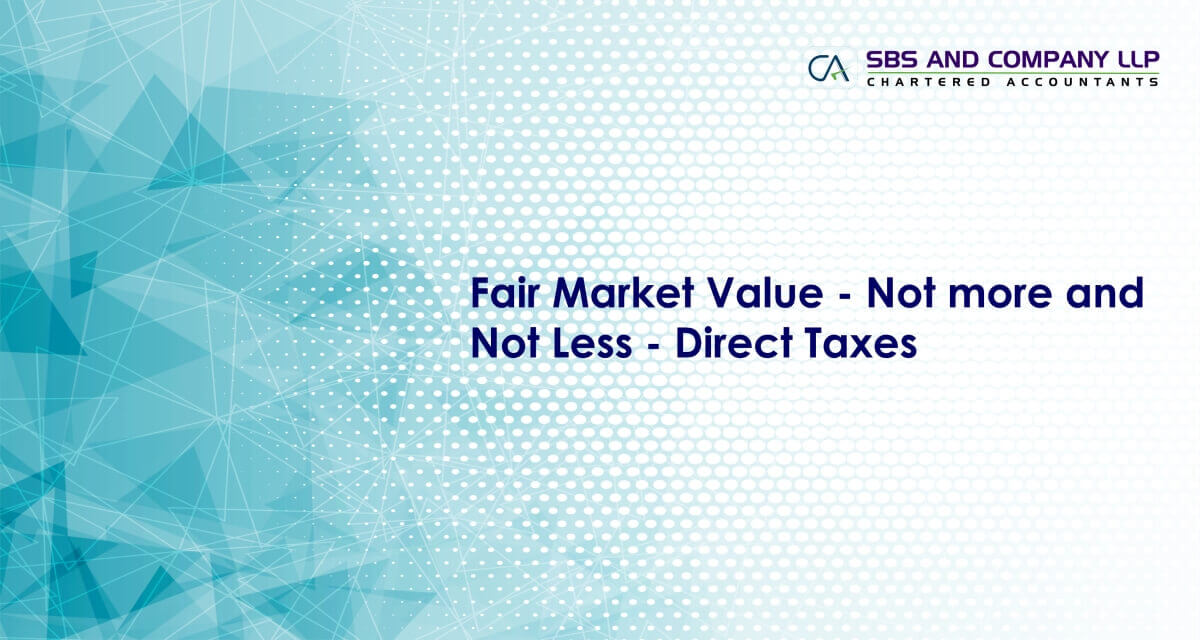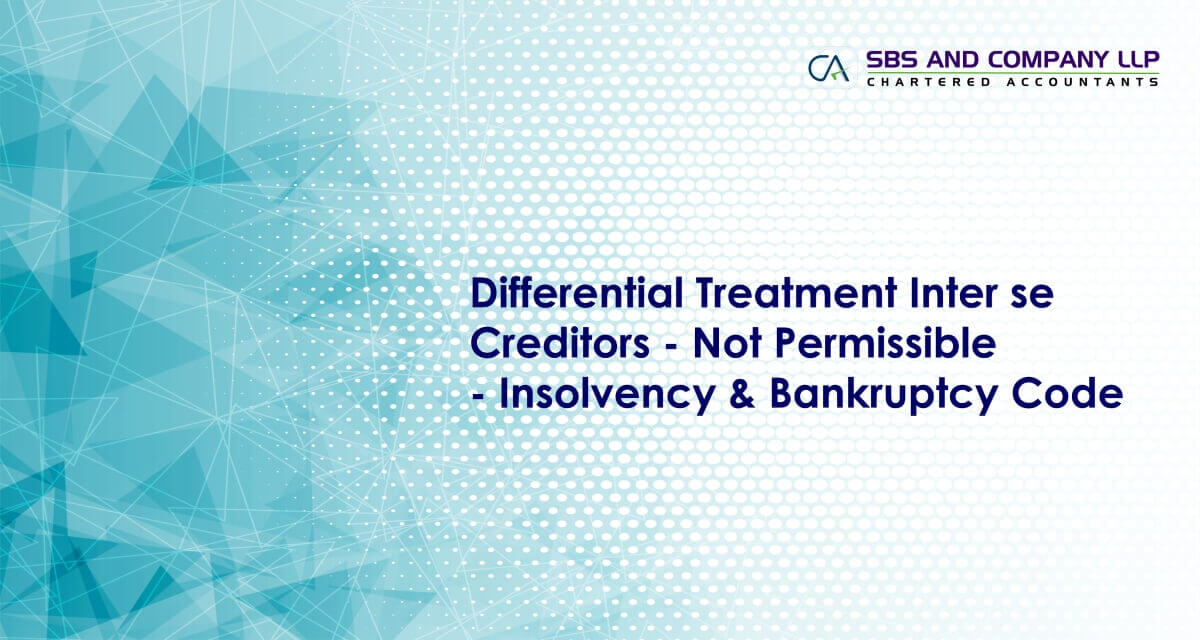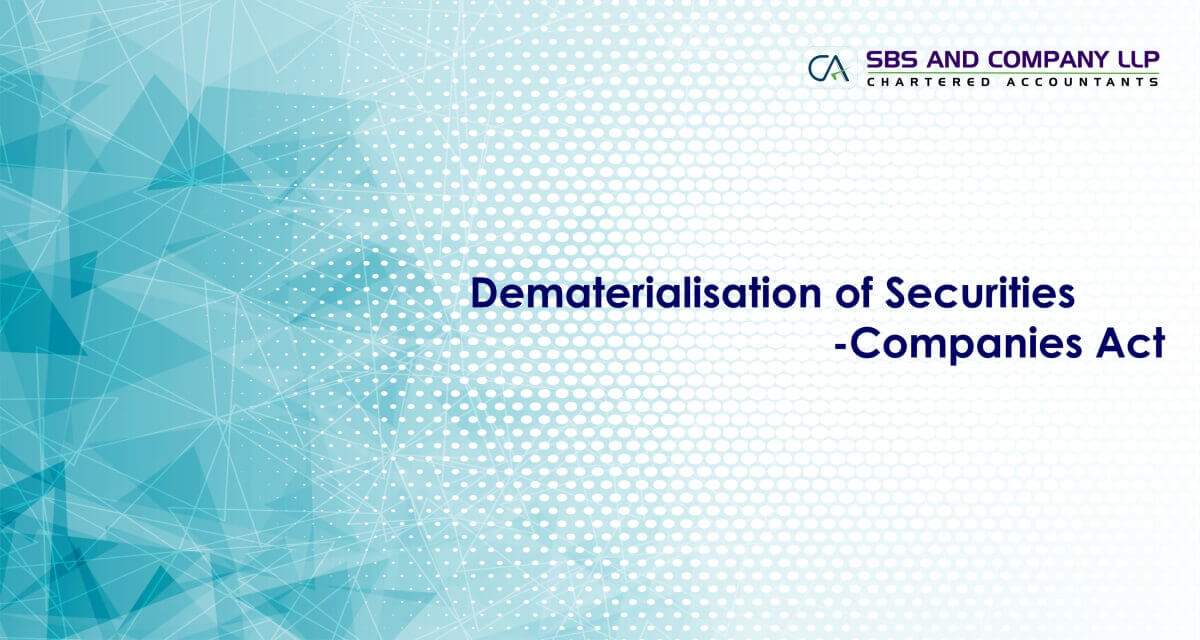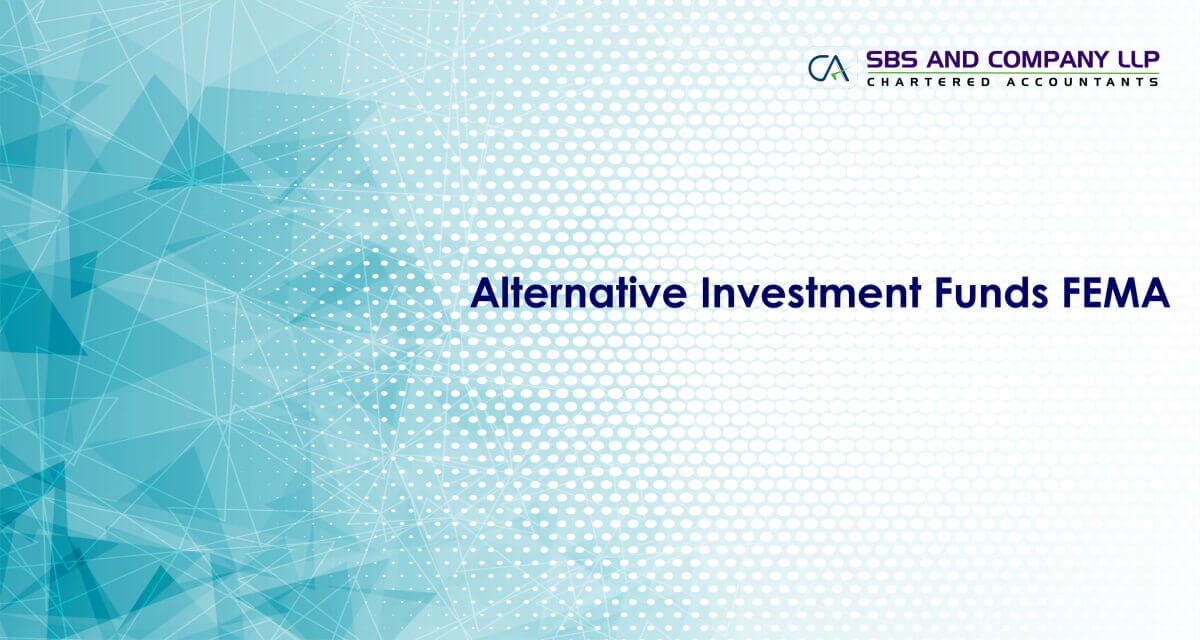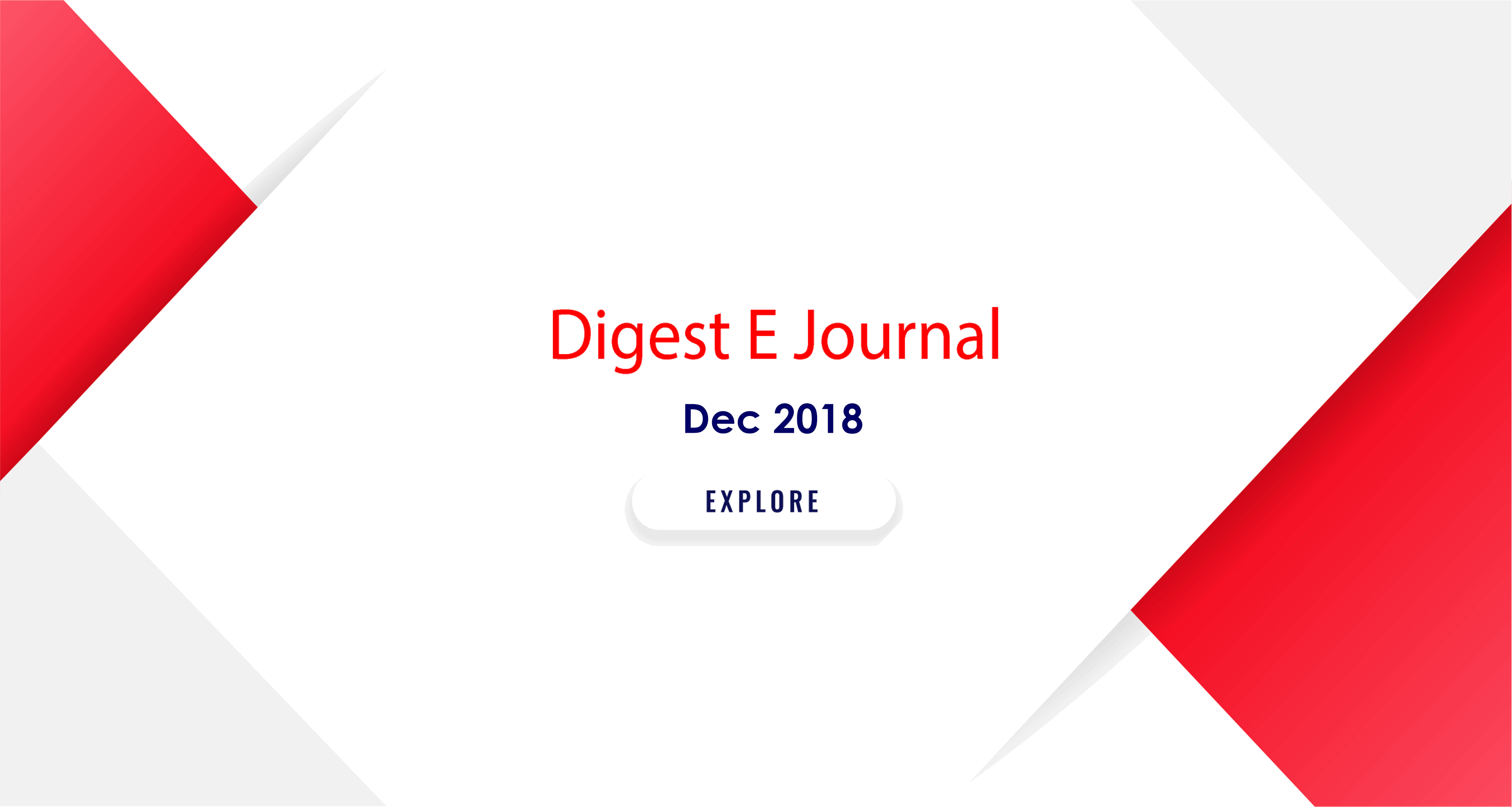One of the famous quotes from Warren Buffet ‘Long ago, Ben Graham taught me that Price is what you pay; Value is what you get’. This statement is true not only from investor viewpoint but also from taxman viewpoint!
Income Tax Act, 1961 (‘Act’) contains provisions which focus primarily on value rather than nature of receipt, whether revenue or capital. Sec 2(22B) of the Act has defined the term ‘Fair Market Value’ (FMV) in relation to Capital Asset. However, reference to FMV is made in the Act in various scenarios and not limited to capital asset only though it was defined for such.
Read more: Fair Market Value - Not more and Not Less - Direct Taxes


